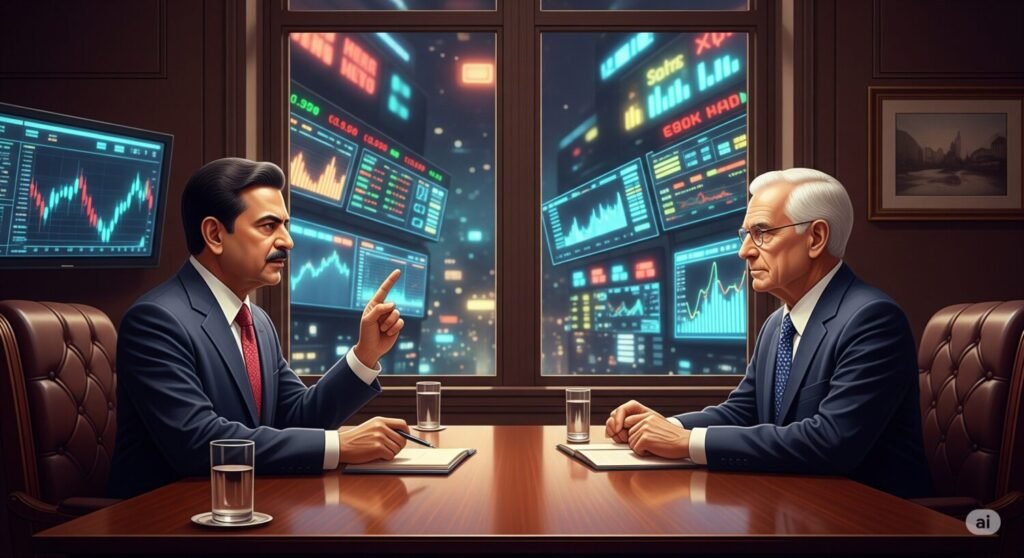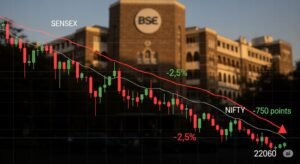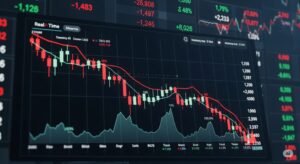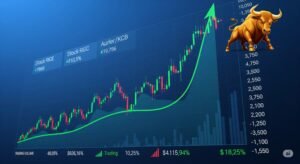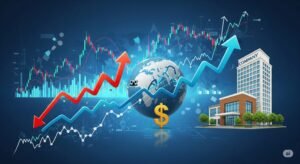The relationship between the White House and the Federal Reserve is always a delicate dance, especially when it comes to economic policy. Recently, this dynamic has been under the spotlight, with President Donald Trump expressing strong opinions about the Federal Reserve’s direction and its chairman, Jerome Powell. Furthermore, these comments highlight a persistent tension between political desires for economic growth and the central bank’s mandate for price stability.
A “Lousy” Performance?
Donald Trump has not shied away from criticizing Jerome Powell’s leadership at the Federal Reserve. He has publicly labeled Powell’s performance as “lousy,” indicating a deep dissatisfaction with the current interest rate policies. Historically, presidents often prefer lower interest rates to stimulate borrowing and spending, which can boost economic activity and job creation. Conversely, the Federal Reserve, an independent body, aims to control inflation and maintain a stable financial system, sometimes necessitating higher rates. Therefore, this inherent difference in objectives frequently leads to friction.
Hints at Future Changes
While Trump has clarified that he is not currently discussing firing Jerome Powell, he has certainly hinted at significant changes in the future. Specifically, he suggested that a replacement for Powell could be on the cards when his term concludes in 2026. This implies that if Trump were to return to office, he would likely seek a Federal Reserve chairman more aligned with his economic philosophy, particularly regarding interest rates. Consequently, such a change could have profound implications for the nation’s monetary policy.
The Independence of the Fed
The Federal Reserve’s independence is a cornerstone of its effectiveness. This separation from political influence is designed to allow the central bank to make decisions based purely on economic data and long-term stability, rather than short-term political gains. However, this independence has often been a point of contention for presidents who believe the Fed’s actions are hindering their economic agendas. Additionally, the ongoing dialogue between the White House and the Fed underscores the critical balance required to maintain both economic health and institutional integrity.
Ultimately, the ongoing debate surrounding Fed policy and leadership is a crucial one for the American economy. The decisions made by the Federal Reserve impact everything from mortgage rates to job growth, affecting every household. Therefore, understanding the perspectives of key figures like Donald Trump provides valuable insight into the potential future direction of economic governance.

